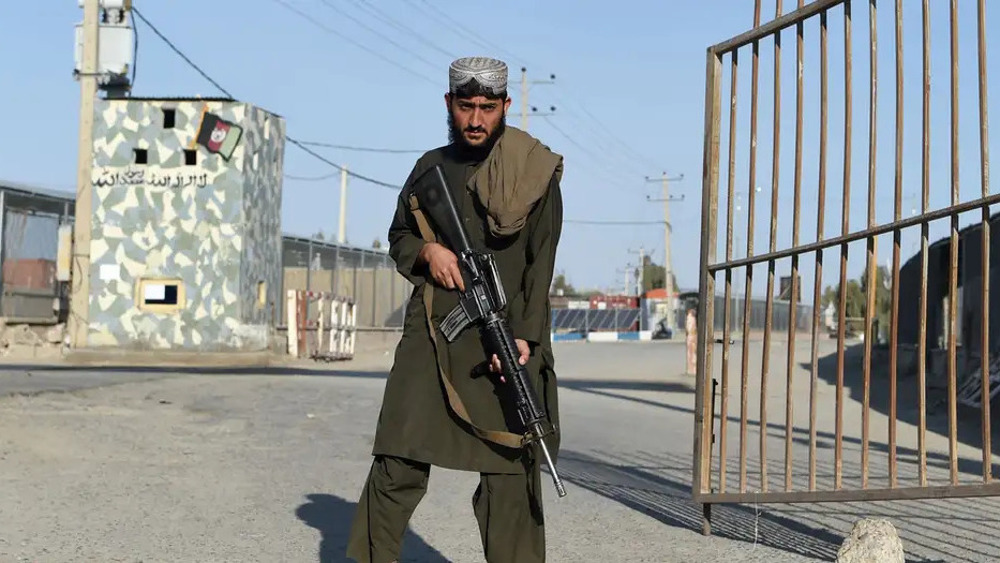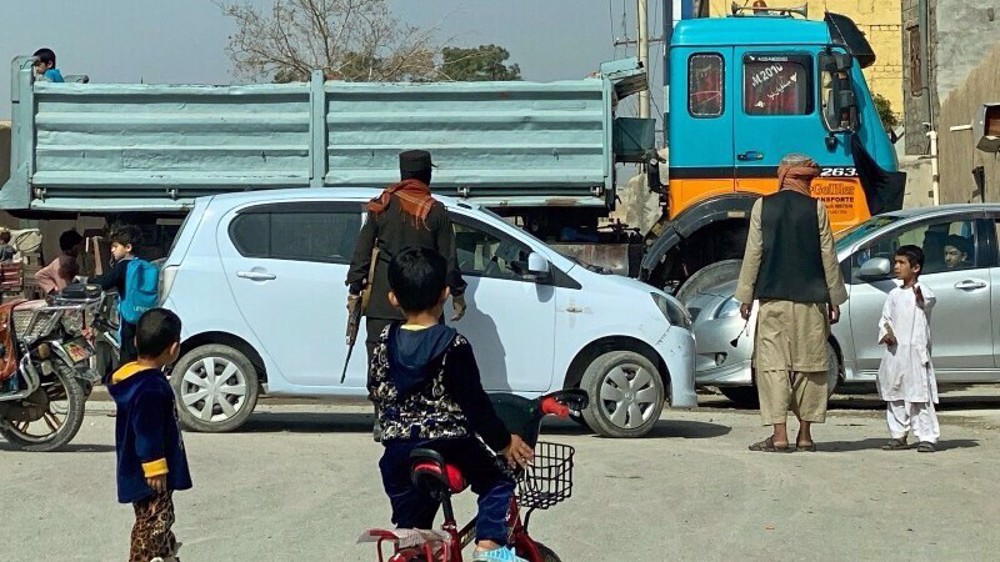Opium cultivation spread in Afghanistan in 2016: UN office
Afghanistan’s cultivation of opium poppy for drugs has risen to its third-highest level in more than 20 years, says a United Nations (UN) agency, as the Taliban militants regain ground in the country.
The United Nations Office on Drugs and Crime (UNODC) said on Sunday that the total area of land used for poppy cultivation in Afghanistan had risen by 10 percent to 201,000 hectares (497,000 acres) in 2016.
Opium poppy cultivation, a favorite activity of the Taliban, used to be limited to certain parts of Afghanistan; however, the surge in militancy and the government’s loss of grip on security has allowed it to spread to other parts of the country, particularly the north.
“Strong increases (in cultivation) were observed in the northern region and in Badghis province where the security situation has deteriorated since 2015,” the UNODC said.
The western region, which includes Badghis, has the second-biggest area under opium poppy cultivation after the south.
The Taliban militants have recently engaged in daring attacks across the country, most recently on the city of Kunduz, which has traded hands between the Taliban and the Afghan government a number of times.
The UNODC findings also showed that there had been a 30-percent increase in the estimated yield from poppy fields this year compared to 2015, bringing potential production to the seventh-highest on record.
The UNODC added, however, that its yield estimate was less reliable than that of the area under cultivation.
“There are some limitations in these estimates since the yield survey was not implemented in all main cultivating provinces for security reasons,” it said.
“The survey shows a worrying reversal in efforts to combat the persistent problem of illicit drugs and their impact on development, health and security,” UNODC’s Executive Director Yury Fedotov said in a statement.
The Taliban’s aggressive militancy in many areas has hindered the government’s poppy eradication plan.

“Eradication has dropped precipitously to 355 hectares — a fall of some 91 percent,” Fedotov said.
The report said the number of Afghan poppy-free provinces had fallen to 13 from 14 out of a total of 34. It confirmed a statement by Fedotov earlier this month that the area under cultivation had exceeded 200,000 hectares in 2016, putting it in the top three years since the UNODC began providing estimates in 1994.
Fedotov’s statement on October 4 was made at a conference in Brussels, where world powers raised 15 billion dollars to fund Afghanistan over the next four years.
The US and its allied invaded Afghanistan 15 years ago to topple the then-Taliban regime. The militants, who lost power in the 2001 invasion, have been regaining strength despite the continued presence of thousands of US-led forces in the country.
Iranians rally nationwide in support of Operation True Promise
Raeisi: Operation True Promise ‘a necessary response’ to Israel
OIC slams US for blocking Palestine’s bid for full UN membership
US police arrest 108 pro-Palestine protesters at Columbia University
Top commander names four 'historic achievements' of Operation True Promise
VIDEO | Iranian attack and crisis of entity
UN chief: Israel’s war turned Gaza into 'humanitarian hellscape'
Meta's WhatsApp challenged for complicity in Israel’s Gaza genocide















 This makes it easy to access the Press TV website
This makes it easy to access the Press TV website